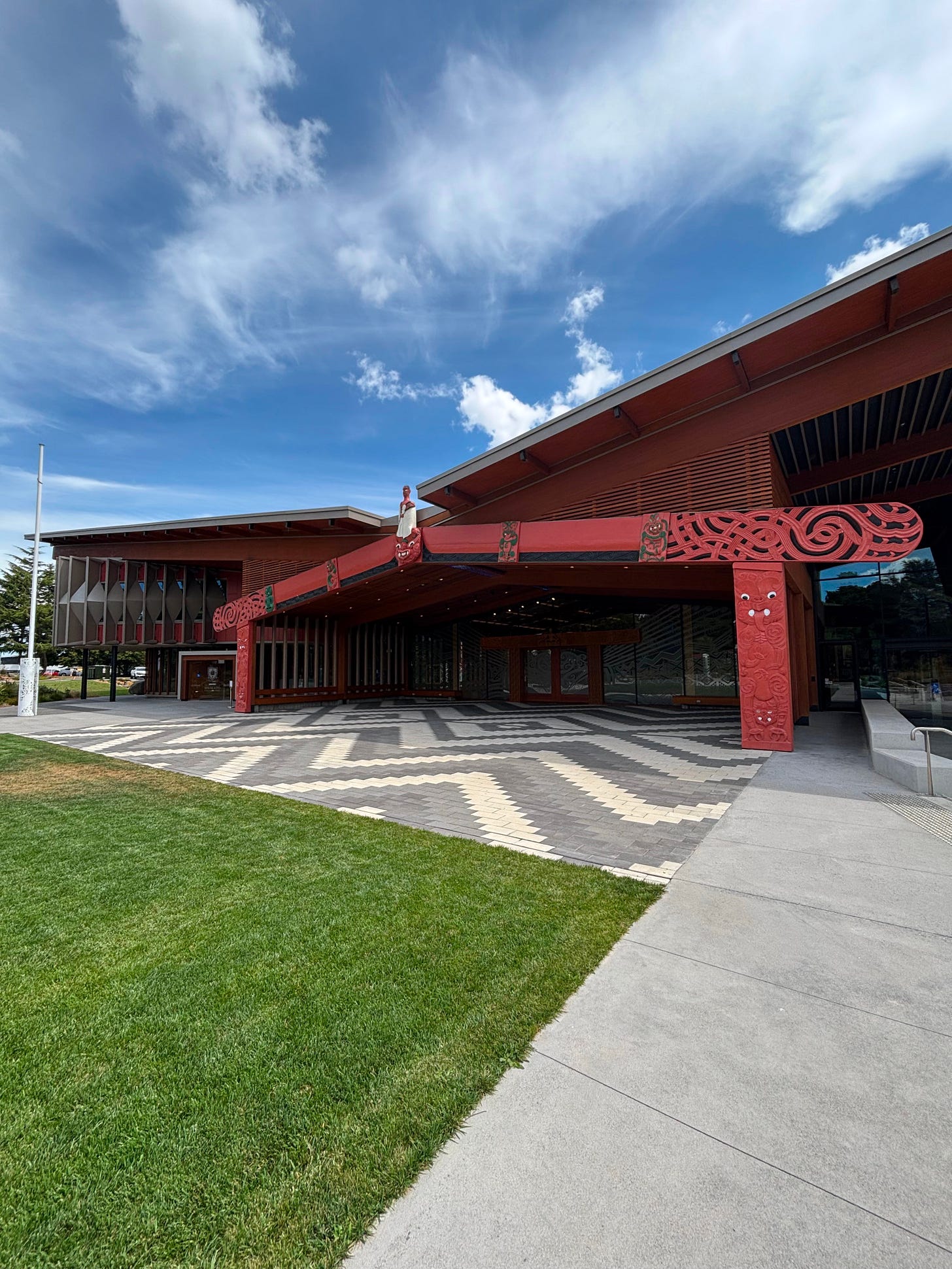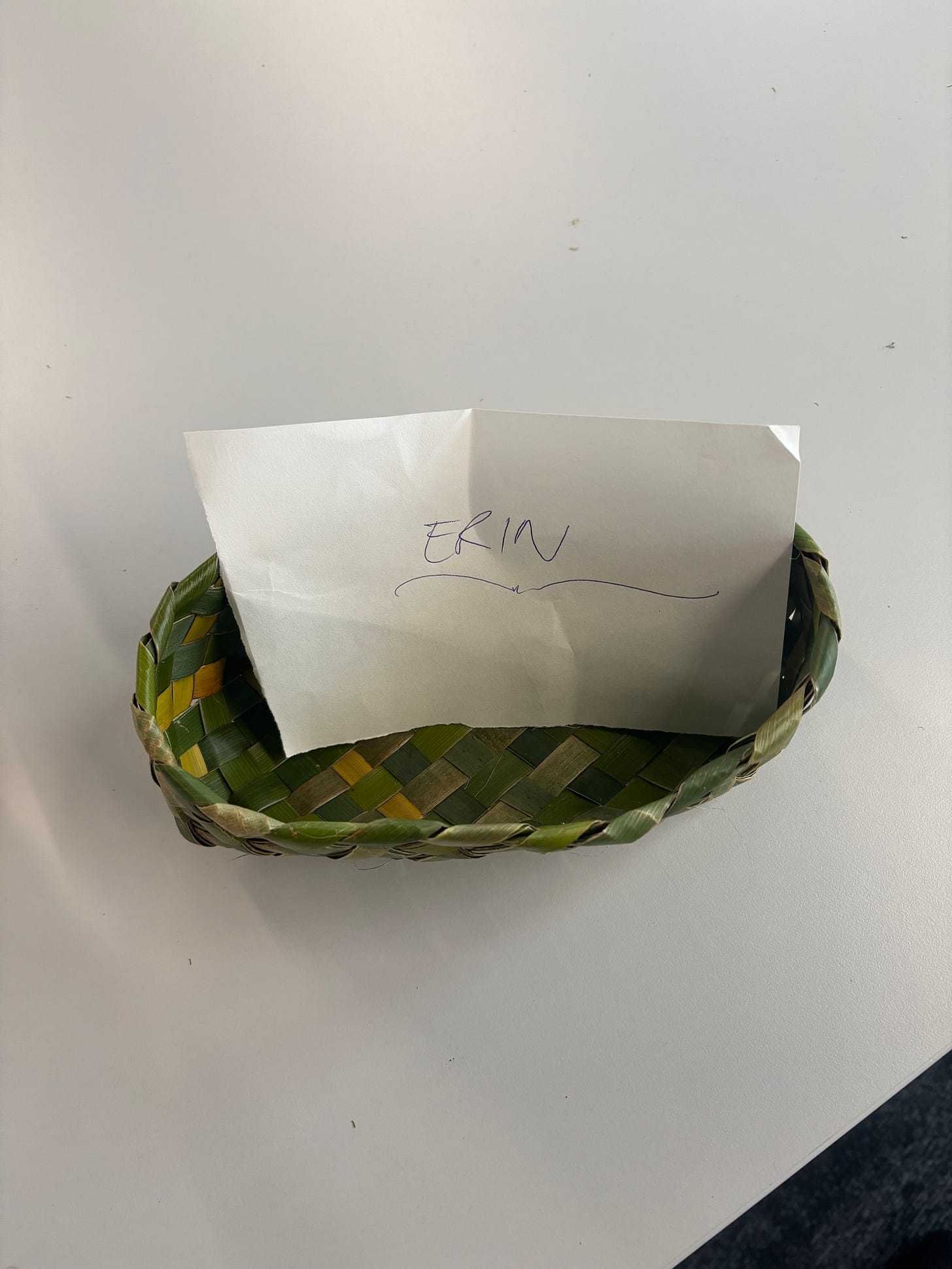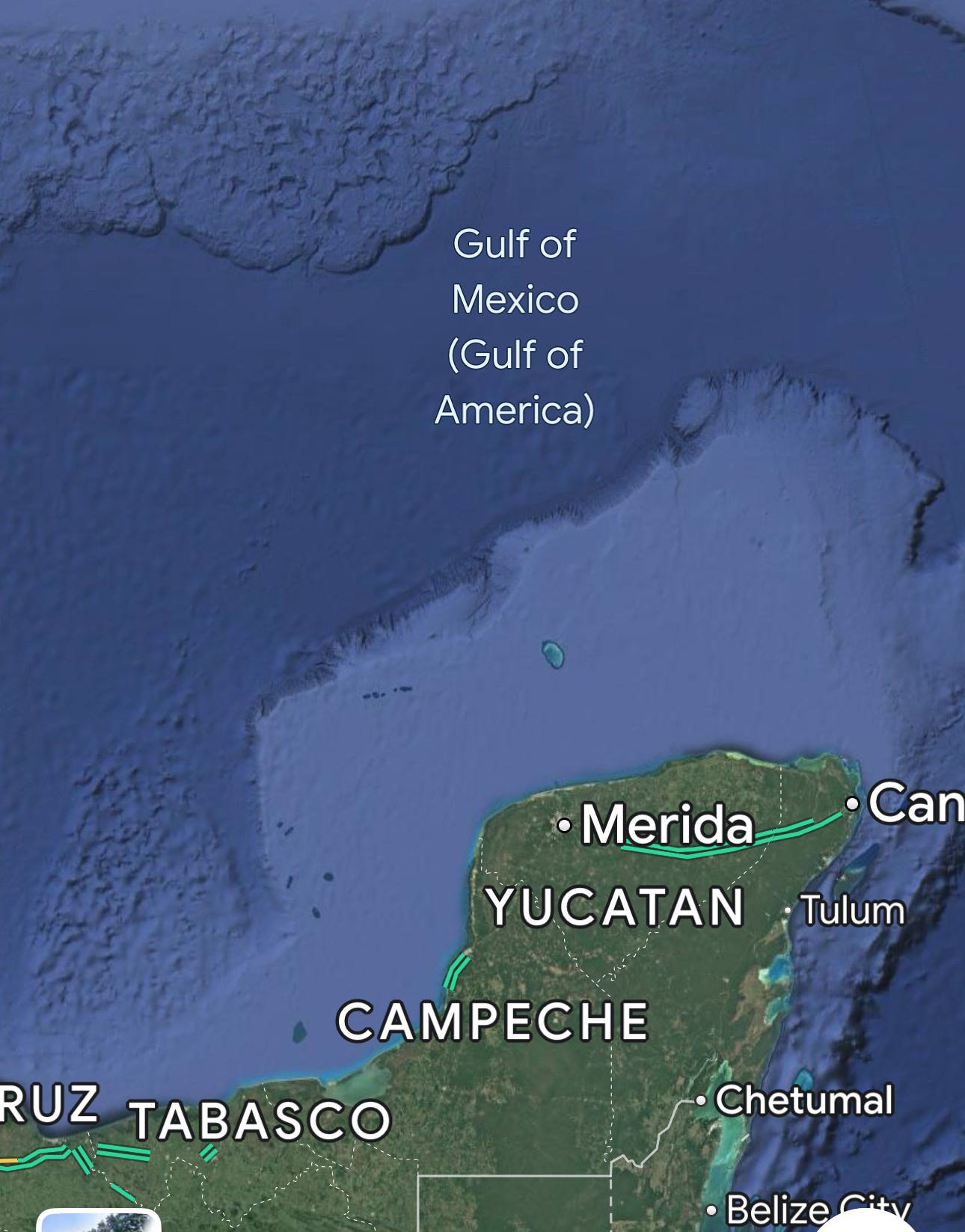WERO
working to end racial oppression (abstract)
*wero; to challenge, sting, spear.
Wenerei | Wednesday 12th 1:00pm-2:20pm
Connections to land and community: Outdoor interviews centring IBPOC narratives in Ōtautahi Christchurch
Intersectional populations are subject to multiple marginalisations including -though not limited to- race, gender identity, and sexual orientation. In the past, some research and researchers have gathered stories from marginalised peoples with little consideration for the range of diverse cultures and lived experiences. In an effort to mitigate additional harms, this study followed an intersectional qualitative approach, requiring self-reflection towards various positions within the research and affiliated academic systems. The access to power from professional roles was also considered, as contemporary literature requires a high level of critical engagement with positionality, due to the multiple privileged and marginalized identities involved. There is also an expectation that contributions from those with intersectional identities remain centred, with a commitment to ongoing collaboration. Each phase of the study is therefore critiqued on its design and implementation to foster enduring reciprocity and care for contributors.
Outdoor interviews were used to minimize the intrusive power held by researchers, extending agency through mutual agreement on a location, day, and time for the semi-structured interview to occur. The narratives offered on behalf of queer IBPOC (Indigenous, Black, and other People of Colour) aims to uplift historically excluded stories on navigating various systems of power, while centring experiences related to social relationships and time spent outdoors. Additionally, outdoor locations offered an alternative to the buildings and institutions which may act to uphold and perpetuate colonial constructs and hegemonic culture. Given the probability to amplify feelings of exclusion among already marginalized individuals and communities, it was imperative to account for such risks.
This research has utilised where possible, literature which draws attention to past erasure and the overlooked intersections of race, gender and sexuality, alongside the impacts felt via oppressive societal structures. Furthermore, applying intersectional methodologies and methods necessitates a better understanding of the challenges facing historically excluded groups while contributing to possible solutions. Exploring intersectionality and arguing for its inclusion across all facets of research will strengthen considerations for the overt and covert structural locations and power differentials situated in academia and beyond.








